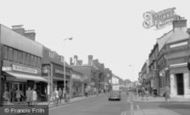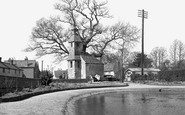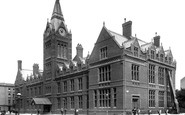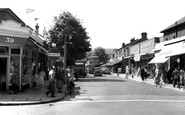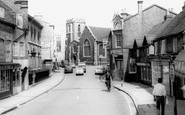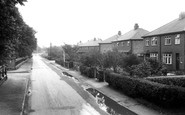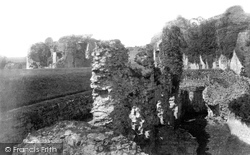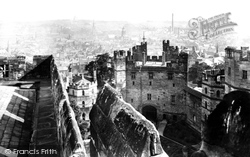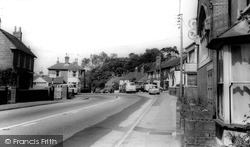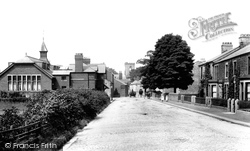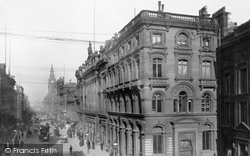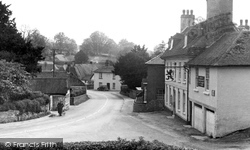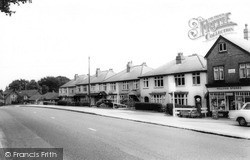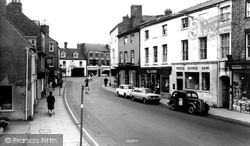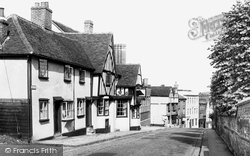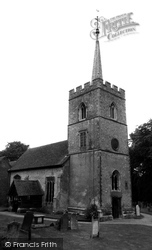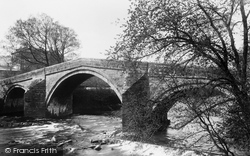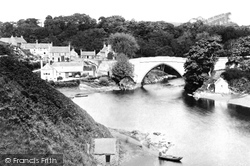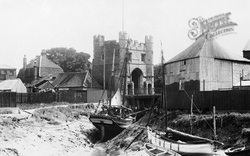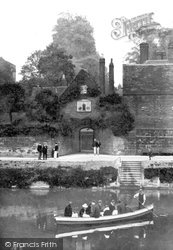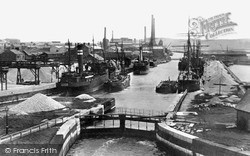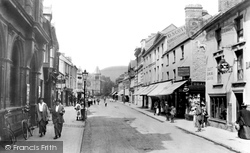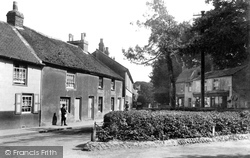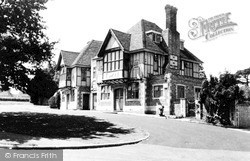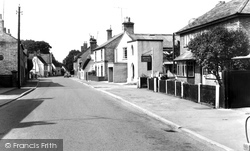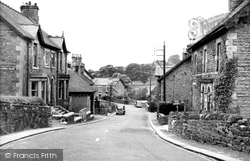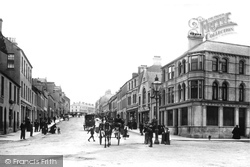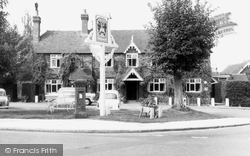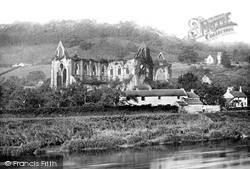Merry Christmas & Happy New Year!
Christmas Deliveries: If you placed an order on or before midday on Friday 19th December for Christmas delivery it was despatched before the Royal Mail or Parcel Force deadline and therefore should be received in time for Christmas. Orders placed after midday on Friday 19th December will be delivered in the New Year.
Please Note: Our offices and factory are now closed until Monday 5th January when we will be pleased to deal with any queries that have arisen during the holiday period.
During the holiday our Gift Cards may still be ordered for any last minute orders and will be sent automatically by email direct to your recipient - see here: Gift Cards
Places
11 places found.
Those places high-lighted have photos. All locations may have maps, books and memories.
Photos
54 photos found. Showing results 1,481 to 54.
Maps
494 maps found.
Books
25 books found. Showing results 1,777 to 1,800.
Memories
9,978 memories found. Showing results 741 to 750.
Ice Cream
Reading your comments about Salford Gone and the ice cream man brought back similar memories to me. I was born at 34 Nora Street, Salford 7 in 1950. Albeit Lower Broughton. However, we used to have an Ice Cream seller who came EVERY ...Read more
A memory of Salford in 1950 by
Cock Tavern East Ham High Street
I used to go out with the daughter of the landlord of the Cock Tavern in the High Street, we would spend hours looking over the back yard from her bedroom. I wonder what ever happened to her?
A memory of East Ham in 1973 by
Cargo Fleet
When I look back, they were probably the best years of my life though I didn't think so at the time, my mam had parted from my dad, I was 12, had never heard of Cargo Fleet, had lost my dad and was taken to this place Id never ...Read more
A memory of Cargo Fleet in 1968 by
Lingfield
Jean Chambers mentioned the bomb dropping on the school in 1943 - my parents shop (John Banks Outfitters) was almost opposite the school and I was born at the end of 1943 being given my second name of "Heather" after Heather Lumsden ...Read more
A memory of Lingfield by
Hove Town Hall Fire
I think it was 1964 that the Town Hall burnt down. I remember it well. I was about 11 at the time. I do remember that at the back of the TH, was the Police Station. My brother and I got in some "trouble" and the two of us ...Read more
A memory of Hove in 1964 by
Those Were The Days 6
Continuing up the street on the right was a long parade of various shops and we come to Salisbury Ave on the corner was a large modernistic furniture shop later the shop nest door became a KFC and across the street next to ...Read more
A memory of Barking in 1950 by
Those Were The Days 2
It didn't change until the sixties when the station was rebuilt and opened by Her Majesty Queen Elizabeth 11 in 1961. I watched the whole building project from start to finish from the comfort of my bedroom window. When it ...Read more
A memory of Barking in 1950 by
Post War Memory
My Nan and Grandad lived near the corner of Chamberlayne Road and Bleinham Road - 108 Chamberlayne Road - Mr and Mrs Ayley. Grandad kept ferrets and racing pigeons in the back garden.
A memory of Eastleigh in 1950 by
Memories Of St. Margarets Church
Fond memories of St. Margarets Church in Uxbridge, Middx. My home was Harefield Road , Uxbridge. and we were married by the Rev: Bruce Eadie. He asked us to go to Westminster to obtain a special license because ...Read more
A memory of Uxbridge in 1952 by
Captions
2,019 captions found. Showing results 1,777 to 1,800.
The English were soon back, and work continued on the castle, but it stopped again a few years later when Henry de Lacy, distraught at the death by drowning of his only son in the castle well, wanted nothing
We can see the round tower added by King John, and the back of the famous John of Gaunt Gateway; the Ashton Memorial, looking like St Paul's in London, stands out from the murk of Lancaster behind
From Crowborough the route heads back nearer to Hailsham's environs and to the village of East Hoathly, a village now much more peaceful than a few years ago.
the 1700s.The biggest problem for visitors to Whalley today is finding a space to park.Whalley Abbey and its grounds have passed through many hands since being seized by Henry VIII, but it is now back
It contained many fashionable and important buildings, and was the home of many of the rising insurance companies who did business on the back of the Liverpool shipping companies.
His remains were brought back in an earthenware pot decorated with Russian script and buried in the family plot at West Meon. The service was held after dark to avoid reporters.
In the days of steam, at least one extra banking engine (often more) was required to push each train up the Lickey.
R L Kisby and the Trustee Savings Bank (right) have gone, and Mills the newsagents have taken their place.
This was removed from the church in 1547, but soon put back in place. However, in 1570 it was removed again, and found a permanent home in the Boar's Head.
The church had been covered in a thick growth of ivy, but by the time of this photograph, it had been cut back to reveal the true beauty of the structure.
Along the opposite bank, next to the present day garden centre, is the start of the 73 mile-long Dales Way to Bowness in the Lake District.
Its charters date back to the 1100s, although St Machar is said to have founded a church here in AD 580.
The plank serving as a gangway to the vessel from the bank had, until comparatively recent legislation, been the cause of many an accident as crew returned to their various ships after
The ferry originated for the use of monks from the priory, to cross to their farmland on the west bank.
The main waterway we see here is the Weaver Navigation, built so that the salt boats which floated down the River Weaver from Northwich and Nantwich could get back into those Cheshire towns without fighting
The bicycles parked outside the bank on the left might well have been bought at the Cycle & Sports Depot farther down the street.
The green island has gone, and the terrace of three cottages on the left was rebuilt in the 1960s as a Nat West Bank.
The bicycles parked outside the bank on the left might well have been bought at the Cycle & Sports Depot farther down the street. Thoughts of war seem far away in this peaceful, unhurried scene.
Our last view in this chapter before turning north back to Hailsham shows the Horse and Groom pub at the junction of the High Street and the Eastbourne Road, the A22.
In the last forty or so years, very little has changed in the High Street, although the recently built premises of the Midland Bank (right) has now become a private house.
Poltross Burn, which flows through the middle of the village, marks the border between Northumberland and Cumbria.
Better still, a search among the novelty shops would find just the right gift to take back.
The inn was renamed the Sergison Arms in 1845, but it reverted back to the Dolphin during the 1990s when the premises were remodelled and upgraded to modern standards.
Records of an iron and wire works here go back to the 16th century, and production continued until around the end the 19th century.
Places (11)
Photos (54)
Memories (9978)
Books (25)
Maps (494)

